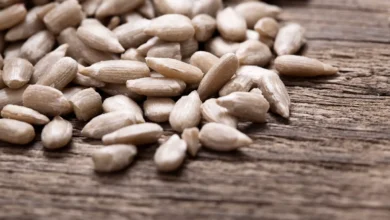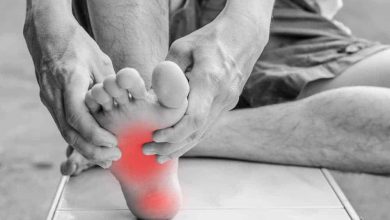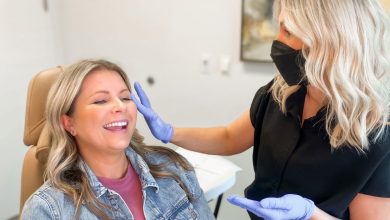Maintaining bone health while ageing

As we age, our bones can become more fragile. This is why taking care of our bone health as we age is essential. We can do several things to preserve our bone health, including getting enough calcium and vitamin D, exercising regularly, and avoiding smoking and excessive alcohol consumption.
Importance of bone health
With growing age, our bones can become weaker and more brittle. This makes them more susceptible to fractures and breaks. Maintaining strong, healthy bones is, therefore, crucial in later life.
Several things can contribute to poor bone health as we age. These include a lack of exercise, a poor diet, smoking and drinking too much alcohol. Osteoporosis – a condition where the bones become thin and weak – is also more common in older adults.
There are several ways to help keep your bones healthy as you age. Getting enough calcium and vitamin D is essential, as these nutrients help to keep bones strong. Exercise also helps to maintain bone density and prevent osteoporosis. Weight-bearing activities like walking, running and lifting weights are particularly beneficial.
If you think you may be at risk of osteoporosis, talk to your doctor about getting a bone density test. This simple test can check for signs of the condition and help you make lifestyle changes to protect your bone health.
How to take care of bones
Our bones can become more brittle and susceptible to fractures as we age. It is therefore important to take care of our bones, especially as we get older.
There are several things we can do to help keep our bones healthy:
- Eat a healthy diet: This means eating plenty of fruits, vegetables, and whole grains and getting enough calcium and vitamin D. Calcium helps build strong bones, while vitamin D helps the body absorb calcium. Good sources of calcium include milk, cheese, and yoghurt; good sources of vitamin D include eggs, fatty fish such as salmon, and fortified foods such as milk and cereal.
- Get enough exercise: Exercise helps to strengthen bones and muscles. Weight-bearing exercises such as walking, running, and lifting weights are perfect for bone health.
- Don’t smoke: Smoking harms overall health, including bone health. It increases the risk of osteoporosis (a condition in which bones become weak) and other bone diseases.
- Limit alcohol intake: Too much alcohol can lead to osteoporosis by preventing the body from absorbing calcium properly.
- See your doctor regularly: This is especially important as you age. Your doctor can check for signs of osteoporosis or other bone problems and recommend treatments if necessary.
Role of nutrition in maintaining bone health
A balanced diet is essential for maintaining bone health. It is important to consume enough calcium and vitamin D, as these nutrients play a role in bone formation and maintenance. Foods rich in calcium include dairy products, leafy green vegetables, and certain types of fish. Vitamin D can be found in fatty fish, eggs, and fortified foods such as milk and cereal. In addition to getting enough of these nutrients, limiting your intake of saturated fats is important, as they can lead to bone loss. Exercise is another crucial factor in maintaining bone health. Weight-bearing exercise helps to stimulate bone growth and prevent bone loss. Activities such as walking, running, and lifting weights are all good options.
You may even like to read on elder care services in gurgaon
and may also love to read Why Paid Companions for Elderly U.K. Recommend Seniors to Learn Digital Skills?



